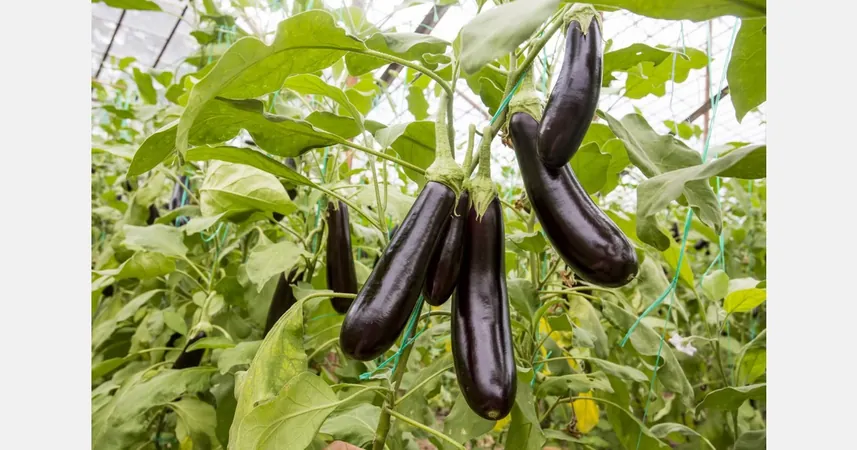
Sweden Awards Nobel Prizes in Chemistry for Revolutionary Advances in Protein Research
2024-12-05
Author: Emma
Introduction
On December 10, the Royal Swedish Academy of Sciences will host the prestigious Nobel Prize ceremony in Stockholm, Sweden. This year's Chemistry Nobel Prize shines a spotlight on the groundbreaking research surrounding proteins — the essential building blocks of life that play a vital role in various biological processes.
Award Winners
The prize this year is split between two esteemed innovators. David Baker from the University of Washington and Howard Hughes Medical Institute has been recognized for his remarkable achievements in creating completely new proteins using the sophisticated computer software Rosetta. Meanwhile, Demis Hassabis and John Jumper from Google DeepMind jointly receive the second half of the award for their development of AlphaFold2, a cutting-edge artificial intelligence (AI) model that accurately predicts the complex structures of proteins.
Industry Impact
The implications of these discoveries are enormous, particularly for companies like BASF, which rely on a deep understanding of protein structures for their product development. Dr. Jürgen Huff, Senior Vice President of Global R&D at BASF Agricultural Solutions, emphasizes the transformative potential of these AI technologies. "Developing new crop traits that increase resistance to pests or creating new chemistry to control diseases can take decades. The contributions of these laureates will significantly expedite our research, allowing for faster and more effective solutions to enhance food security," he states.
Research Enhancement
The advent of precise protein modeling technology has revolutionized BASF's research pipeline. Dr. Stefan Seemayer, Team Lead for Computational Protein Engineering at BASF, notes that the ability to predict protein structures early in the research process facilitates the application of various computational tools. "We can rapidly evaluate thousands of hypotheses concerning effective pest resistance traits and selectively choose high-quality designs from the generated results, significantly decreasing our testing efforts," he explains.
Open Source and Global Reach
Notably, the code for Rosetta is available to the global research community, enabling continuous enhancement and exploration since its inception in 2003. The Nobel Committee has also highlighted that AlphaFold2 is being utilized by more than two million people across 190 countries, showcasing its broad impact on scientific research.
Future Prospects
As the world faces challenges such as climate change and food shortages, the work recognized by this year's Nobel Prizes could catalyze significant advancements in agricultural technology and biotechnology at large. The future appears bright for protein research, beckoning a new era of scientific exploration and innovation that could change the way we approach health, agriculture, and sustainability.









 Brasil (PT)
Brasil (PT)
 Canada (EN)
Canada (EN)
 Chile (ES)
Chile (ES)
 España (ES)
España (ES)
 France (FR)
France (FR)
 Hong Kong (EN)
Hong Kong (EN)
 Italia (IT)
Italia (IT)
 日本 (JA)
日本 (JA)
 Magyarország (HU)
Magyarország (HU)
 Norge (NO)
Norge (NO)
 Polska (PL)
Polska (PL)
 Schweiz (DE)
Schweiz (DE)
 Singapore (EN)
Singapore (EN)
 Sverige (SV)
Sverige (SV)
 Suomi (FI)
Suomi (FI)
 Türkiye (TR)
Türkiye (TR)